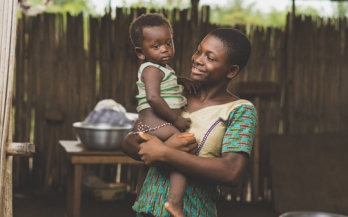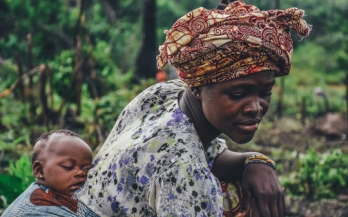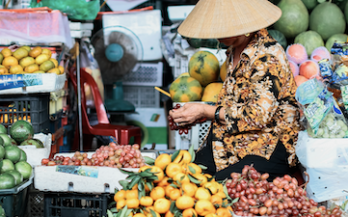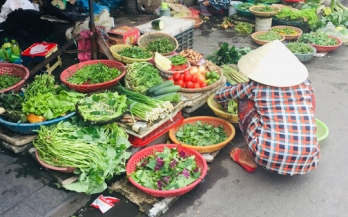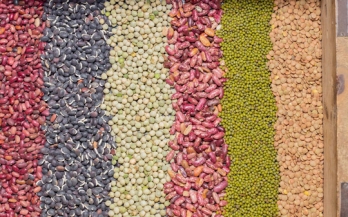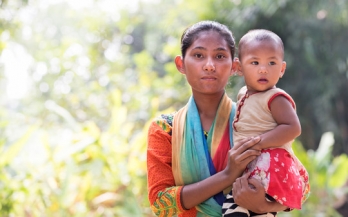This report highlights the multiple and complex factors involved in mitigating foodborne zoonoses in animal source foods sold at traditional markets in resource-poor settings.
These briefs are part of a series on affordability of nutritious foods for complementary feeding by GAIN and UNICEF conducted in selected countries in Eastern and Southern Africa and South Asia as part of the UNICEF-BMGF Regional Initiatives for Sustained Improvements in Nutrition and Growth (RISING).
These briefs are part of a series on complementary feeding gaps by GAIN and UNICEF conducted in selected countries in Eastern and Southern Africa and South Asia as part of the UNICEF-BMGF Regional Initiatives for Sustained Improvements in Nutrition and Growth (RISING).
This review describes recent food safety interventions focused on traditional market settings and consumers who buy food there. Data was extracted from 19 and 23 articles from Asian and African countries, respectively.
When funds are needed to support your organisation - either as an MSME or NGO - a clear, structured and effective approach is necessary. The goal of this guide is to help actors involved in securing funding to understand the process and to access tools that can be used during the different stages to secure funding.
This Guidance Document describes the various elements of quality management (QM) and quality control (QC) required in a laboratory setting. Many qualitative elements are required to analyse the various chemical parameters in food samples, particularly for micronutrient testing and for testing food safety and food quality substances.
This slide deck offers recommendations on the provisions of nutritious foods during the global COVID-19 pandemic and is part of a broader effort to develop an implementation support programme, supporting employers to implement Workforce Nutrition programmes.
With the Nutrition for Growth and United Nations Food Systems Summits scheduled in 2021, ambitious new multi-stakeholder commitments and actions are expected for better access to safe nutritious food. In 2019 the world was already off-track to achieve SDG2 - Zero Hunger - and the impact of the Covid-19 pandemic is expected to exacerbate this gap requiring stronger financing and actions for nutrition.
This paper summarises research conducted on the impacts of COVID-19 on LMICs’ food systems. It
reviews interventions implemented to support agri-food SMEs, including rapid responses to keep markets working, strategic recovery interventions to build back better, and systemic shifts to facilitate continuous learning and adaptation.
Our current food system is in dire need of change. To enable resilient, affordable, safe, and nutritious diets for the current and growing global population while restoring and safeguarding our environment, we need to think and act out of the box. GAIN, the Alliance of Bioversity and CIAT, and EAT joined forces to conduct a three-stage Delphi study, to identify and investigate game-changing innovations for improving diets and restoring environments by 2030.


